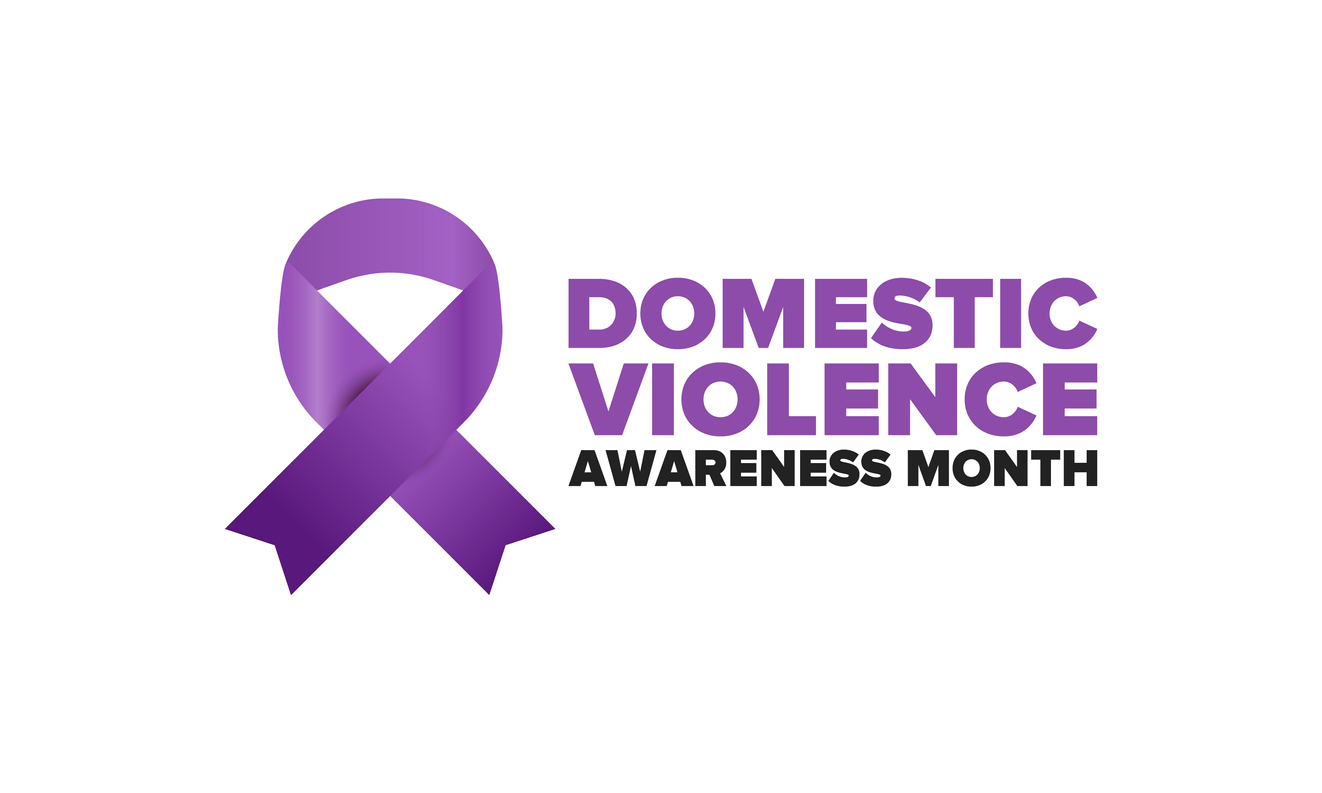Supporting an employee who you suspect is a victim of domestic violence is crucial. Your primary concern should be the employee’s safety and well-being.
Here are steps you can take to help them:
Create a Safe and Confidential Environment:
- Ensure that the conversation takes place in a private and safe setting.
- Reiterate that the conversation is confidential and that you are there to support them.
Listen and Show Empathy:
- Start by expressing concern for their well-being.
- Encourage them to talk about their experiences and feelings but don’t push if they’re not comfortable sharing.
Offer Resources:
- Provide information on local domestic violence support services, such as shelters, hotlines, counseling, and legal assistance.
- Share resources like the National Domestic Violence Hotline (in the U.S.: 1-800-799-SAFE) or local equivalents.
Encourage Professional Help:
- Encourage the employee to seek professional help from counselors, therapists, or support groups experienced in dealing with domestic violence.
Assess Workplace Safety:
- Discuss whether there are any workplace security concerns or if changes to their work environment or schedule could help increase their safety.
Offer Workplace Support:
- Understand that they may need time off or flexible working arrangements. Be inclined to deal with their needs.
- Ensure they know their rights and options under any workplace policies or laws related to domestic violence.
Document Concerns:
- If the employee consents, document your conversation and any actions you plan to take.
- Keep records of any visible signs of abuse or changes in behavior.
Non-Judgmental Approach:
- Do not judge or blame the employee for their situation. Domestic violence is a complex issue, and victims often face a range of challenges.
Encourage Reporting:
- Let the employee know they can report domestic violence to the appropriate authorities if they wish to pursue legal action.
Check-In Regularly:
- Follow up with the employee periodically to see how they are doing and whether they need any additional support.
Seek HR or EAP Involvement:
- In some cases, it may be necessary to involve your HR department or Employee Assistance Program (EAP) to ensure the employee receives the necessary support and workplace accommodations.
Safety Planning:
- Encourage the employee to develop a safety plan for themselves and their family, which might include knowing when to call for help, having a bag with essentials ready, and identifying a safe place to go.
Remember that you are not a counselor or therapist, and your primary role is to offer support and connect the employee to professional resources. Additionally, domestic violence is a sensitive and complex issue, and victims may not be ready to take immediate action. Be patient and offer ongoing support as needed.




